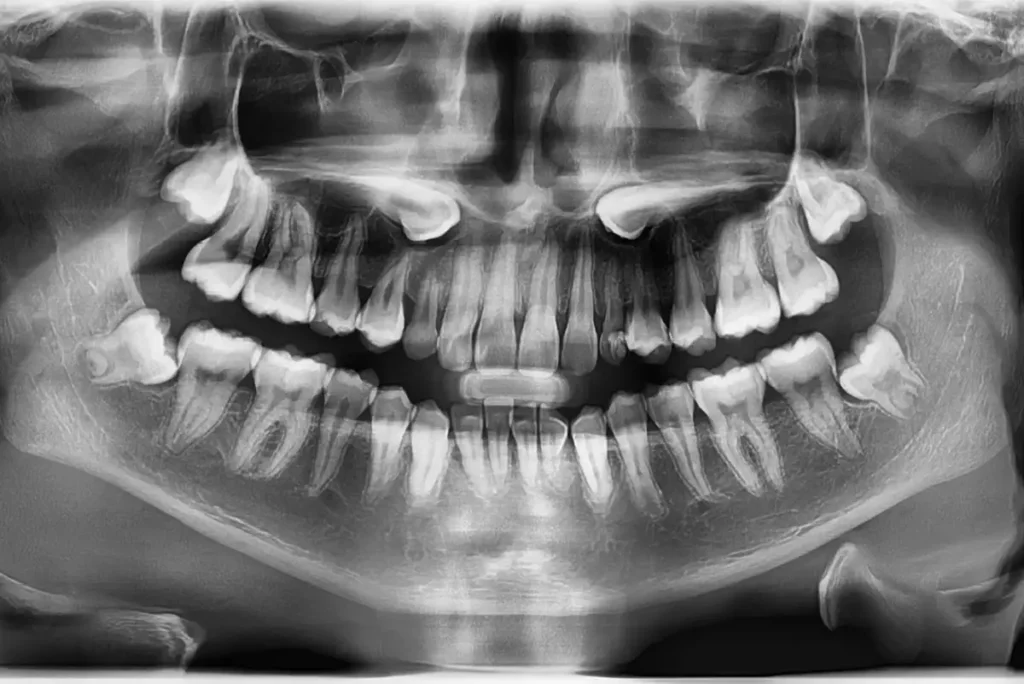The Wisdom of Wisdom Teeth Formation

Third molars, commonly known as wisdom teeth, are the only teeth that humans don’t develop until after birth. These molars form during adolescence, and usually push their way into the mouth between the ages of 17 and 25. When there is not enough room in the mouth, third molars become impacted and can lead to crowding, infection, gum disease, tooth decay, and jaw pain. Many people have them extracted before the roots form.
Some people, however, never form third molars. This phenomenon is still under study to determine the exact cause, but several studies have provided a number of suggestions.
Why Do We Have Wisdom Teeth at All?
Anthropologists believe that wisdom teeth are a vestigial trait that did not cause problems when they were a necessary part of the mouth. Wisdom teeth may have been the answer to our ancestor’s rough diet. Leaves, roots, nuts, and leaves were hard on teeth. Our diet today consists of much softer foods, and we have an abundance of tools like forks and knives to cut our food into smaller chunks before consuming them.
Early man’s protruding jaw used to be large enough to easily accommodate wisdom teeth. These teeth may have also played an important role in replacing teeth that had been lost in a time when teeth were more of a factor in survival. Changes in bone structures of modern humans have narrowed the jaw, leaving very little room for the third molars.
Missing Wisdom and Evolution
Not everyone develops a full set of wisdom teeth. Some people only develop three, and others never develop them at all. Scientific literature has not yet been able to explain these inconsistencies in numbers, but ongoing studies are working to find answers. One possibility is that some people lack the tissue necessary to form the third molars. Some individuals may have the necessary tissue, but their bodies never activate those tissues to produce wisdom teeth. Another possible cause is a disruption of the tissues that grow wisdom teeth. These tissues may be interrupted by disease or trauma.
A lack of wisdom teeth does not show a significant evolutionary advantage, suggesting that the cause is not necessarily a gene mutation passed along to future generations. Although they frequently do not come in right, wisdom tooth development today does not generally correlate with survival. Individuals who do not develop wisdom teeth do not have higher survival rates than those who do.
Should You Have Your Wisdom Teeth Removed?
Just because a person can’t see their wisdom teeth does not mean that they never developed them. Sometimes third molars become trapped inside of the gum (called a soft tissue impaction) and never become visible. Soft tissue impactions can lead to infections, or in more severe cases, may form cysts that can cause bone destruction or damage surrounding teeth if not removed. In other cases, molars can become trapped in the jawbone itself (known as a bony impaction) and can compromise the health of your jaw. Tumors or cysts sometimes grow around bony impactions, damaging the surrounding bone.
If you would like to assess whether preventative extraction of wisdom teeth is right for you, please call (918) 528-3330 to make an appointment appointments today.

élan Tulsa Cosmetic Dentistry
10031 S Yale Ave #104
Tulsa, OK 74137

